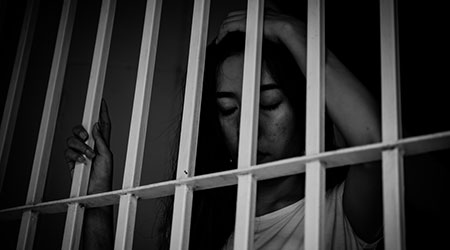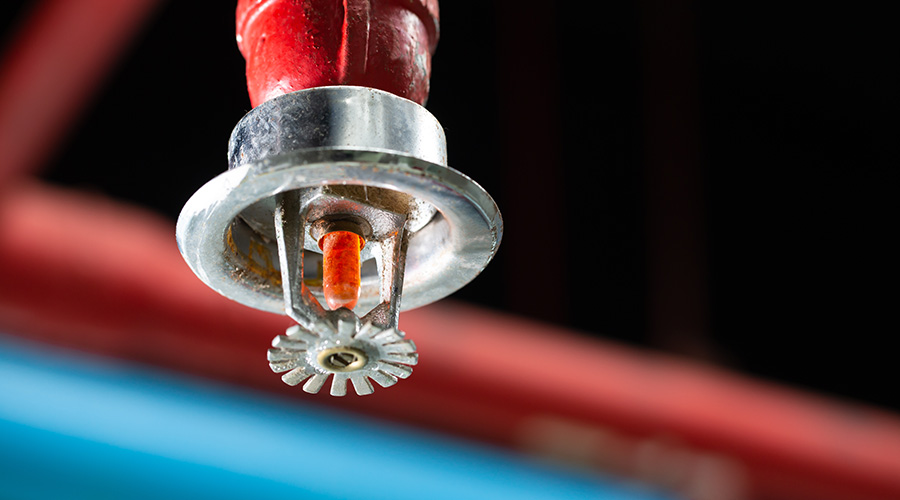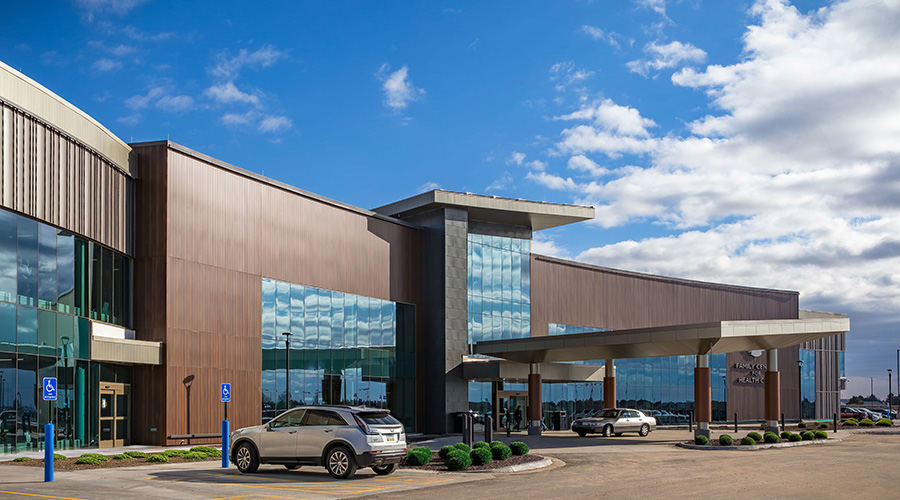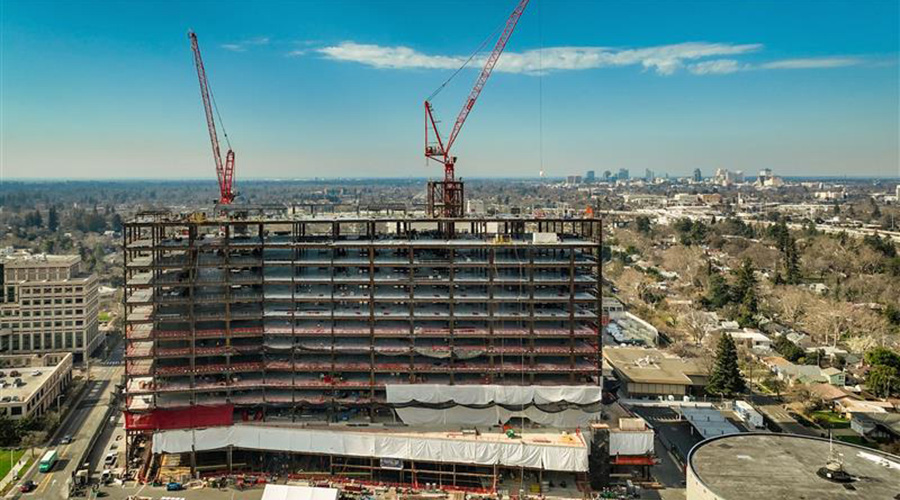Healthcare facilities are taking extreme measures these days to cope with the resurgence COVID-19 cases and the related crises the pandemic is causing. Among the highest-priority of these crises are shortages of personal protective equipment and the search for more space to house patients as hospital admissions surge. The effects of the space problem is having a ripple effect on facilities and patients.
Consider the case of a man in quarantine along with 49 other men at San Bernardino County’s Patton State Hospital. Like most of the 6,000 patients housed by the California Department of State Hospitals, the man was sent by a court for treatment at Patton after he committed a crime that stemmed directly from his mental illness.
But the pandemic has sidelined most therapy, and upended admissions and releases. Already, more than 500 staff members in the five-hospital system have contracted the virus, as have about 400 patients, 19 of whom have died, according to CapRadio.
As hospital officials scramble to reduce those risks, they face pressure in federal court to speed up admissions of mentally ill inmates from the highly infectious state prison system. Attorneys representing mentally ill prison inmates awaiting state psychiatric beds argue the hospitals are violating court-imposed timelines for transfers and should start accepting the prisoners without first requiring negative COVID tests. To avoid delays, the hospitals should even start admitting prisoners who have tested positive, they say.
These prisoners typically come to the psychiatric hospitals for what court records describe as intermediate, not acute care. Attorneys who represent them say they are getting sicker as they wait, due to policies that focus only on the dangers of the virus and not their deteriorating mental health conditions, according to their closing brief.
Click here to read the article.

 Assisted Living Facility Violated Safety Standards: OSHA
Assisted Living Facility Violated Safety Standards: OSHA McCarthy Completes Construction of Citizens Health Hospital in Kansas
McCarthy Completes Construction of Citizens Health Hospital in Kansas California Tower at UC Davis Health Topped Out
California Tower at UC Davis Health Topped Out What 'Light' Daily Cleaning of Patient Rooms Misses
What 'Light' Daily Cleaning of Patient Rooms Misses Sprinkler Compliance: Navigating Code Mandates, Renovation Triggers and Patient Safety
Sprinkler Compliance: Navigating Code Mandates, Renovation Triggers and Patient Safety